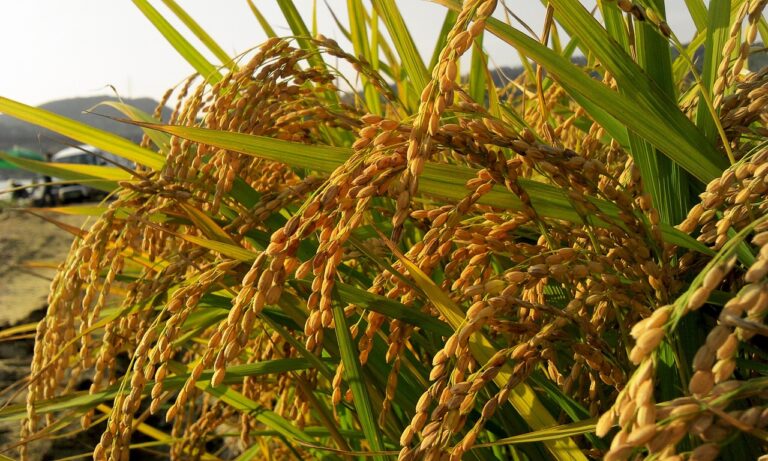The Science of Agroecosystem Services: Understanding and Valuing Ecosystem Functions: Laser 247 book, Silverexch com, 11xplay
laser 247 book, silverexch com, 11xplay: The Science of Agroecosystem Services: Understanding and Valuing Ecosystem Functions
Agroecosystem services are the benefits that agricultural ecosystems provide to human societies and the environment. These services include food production, soil fertility, water regulation, pollination, and climate regulation. Understanding and valuing these ecosystem functions is crucial for sustainable agriculture and the conservation of biodiversity.
Agroecosystem services are essential for food security, as they support the production of crops and livestock. Food production is the most obvious ecosystem service provided by agricultural ecosystems, as it is vital for human survival. However, agricultural ecosystems also provide other services that are crucial for sustainable food production, such as soil fertility and pest control.
Soil fertility is one of the most important ecosystem services provided by agricultural ecosystems. Healthy soil is essential for the growth of crops and the maintenance of biodiversity. Agricultural ecosystems also regulate water flow, prevent soil erosion, and filter pollutants from water, all of which are important for water quality and availability.
Pollination is another critical ecosystem service provided by agricultural ecosystems. Many crops, such as fruits and vegetables, depend on pollinators like bees and butterflies for reproduction. Without pollinators, crop yields would decline, leading to food shortages and increased food prices.
Climate regulation is also an essential ecosystem service provided by agricultural ecosystems. Plants absorb carbon dioxide from the atmosphere, helping to mitigate climate change. Agricultural ecosystems can also sequester carbon in the soil, further reducing greenhouse gas emissions.
Valuing agroecosystem services is crucial for sustainable agriculture and conservation. By understanding the benefits that agricultural ecosystems provide, policymakers can make informed decisions about land use and resource management. Valuing ecosystem functions can also help to prioritize conservation efforts and ensure the long-term health of agricultural ecosystems.
In conclusion, the science of agroecosystem services is essential for understanding and valuing the ecosystem functions provided by agricultural ecosystems. By recognizing the benefits that agricultural ecosystems provide, we can work towards sustainable agriculture and conservation. Valuing ecosystem services can help to ensure food security, biodiversity conservation, and climate mitigation.
FAQs
1. What are agroecosystem services?
Agroecosystem services are the benefits that agricultural ecosystems provide to human societies and the environment. These services include food production, soil fertility, water regulation, pollination, and climate regulation.
2. Why is it important to understand and value agroecosystem services?
Understanding and valuing agroecosystem services is crucial for sustainable agriculture and the conservation of biodiversity. By recognizing the benefits that agricultural ecosystems provide, policymakers can make informed decisions about land use and resource management.
3. How do agroecosystem services contribute to food security?
Agroecosystem services support the production of crops and livestock, which are essential for food security. Services like soil fertility, pest control, and pollination are crucial for sustainable food production.
4. What is the role of agroecosystem services in climate regulation?
Agricultural ecosystems can help mitigate climate change by absorbing carbon dioxide from the atmosphere and sequestering carbon in the soil. Climate regulation is essential for reducing greenhouse gas emissions and mitigating the impacts of climate change.







